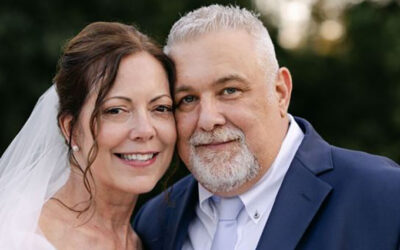It’s common for older adults to become concerned if they take longer to learn new things than they used to or when they forget to pay certain bills. It’s normal to forget things every once in a while, especially as we age.
However, not all memory loss and memory troubles can be chalked up simply to age. Sometimes, memory loss and forgetfulness can be signs of more serious conditions such as dementia and Alzheimer’s disease.
What Are the Signs of Non-Age-Related Memory Loss?
According to the National Institute on Aging, adults should talk to their doctors when they notice the following signs:
- Asking the same questions over and over
- Getting lost in familiar places
- Experiencing difficulty following recipes and directions
- Losing track of time, people and places
- Lacking personal hygiene and care
It’s especially important to get medical help when these behaviors become frequent, develop into a pattern, or worsen over time.
What Are the Differences Between Alzheimer’s Disease and Dementia?
According to the Alzheimer’s Association, “dementia is a general term for a decline in mental ability severe enough to interfere with daily life.” Alzheimer’s disease is a specific type of dementia that accounts for anywhere between 60% and 80% of all dementia cases.
Doctors who specialize in aging, dementia and Alzheimer’s disease can diagnose memory problems while ruling out other conditions that can cause them. Diagnostic tools include physical checkups, memory tests and cognitive assessments, and brain scans.
Can You Take Medicine For Your Memory?
Be wary of over-the-counter supplements and pills that are marketed to improve memory and treat dementia or Alzheimer’s disease.
There’s no evidence that these treatments are effective, and in fact, they can interfere with other medical treatments that can treat the symptoms of early-stage dementia and Alzheimer’s disease.
Age- and disease-related memory loss can create difficulties in the lives of patients and their loved ones. If you or a family member are suffering from memory loss, getting an official diagnosis of dementia vs. Alzheimer’s disease is an important first step towards managing the condition.




